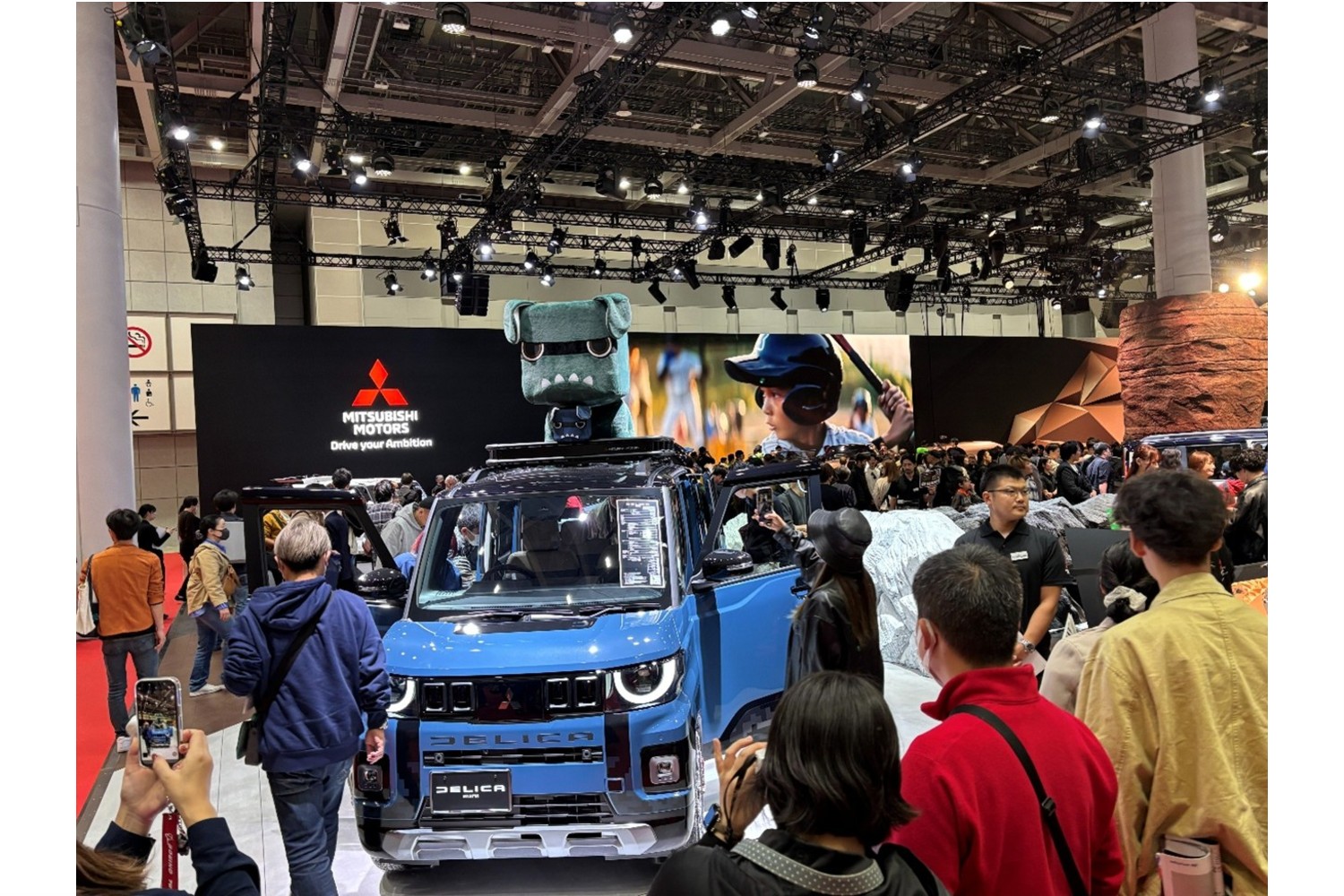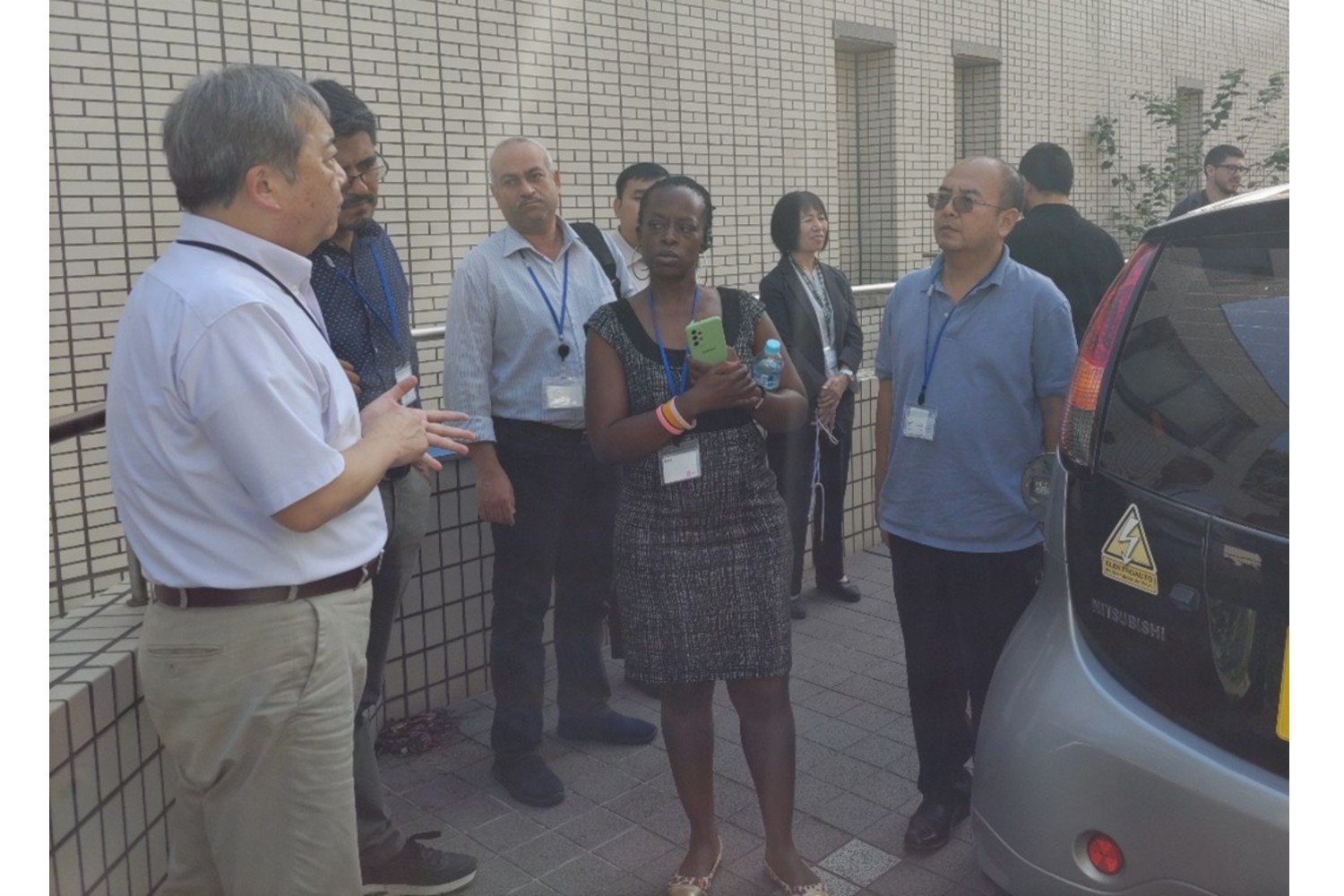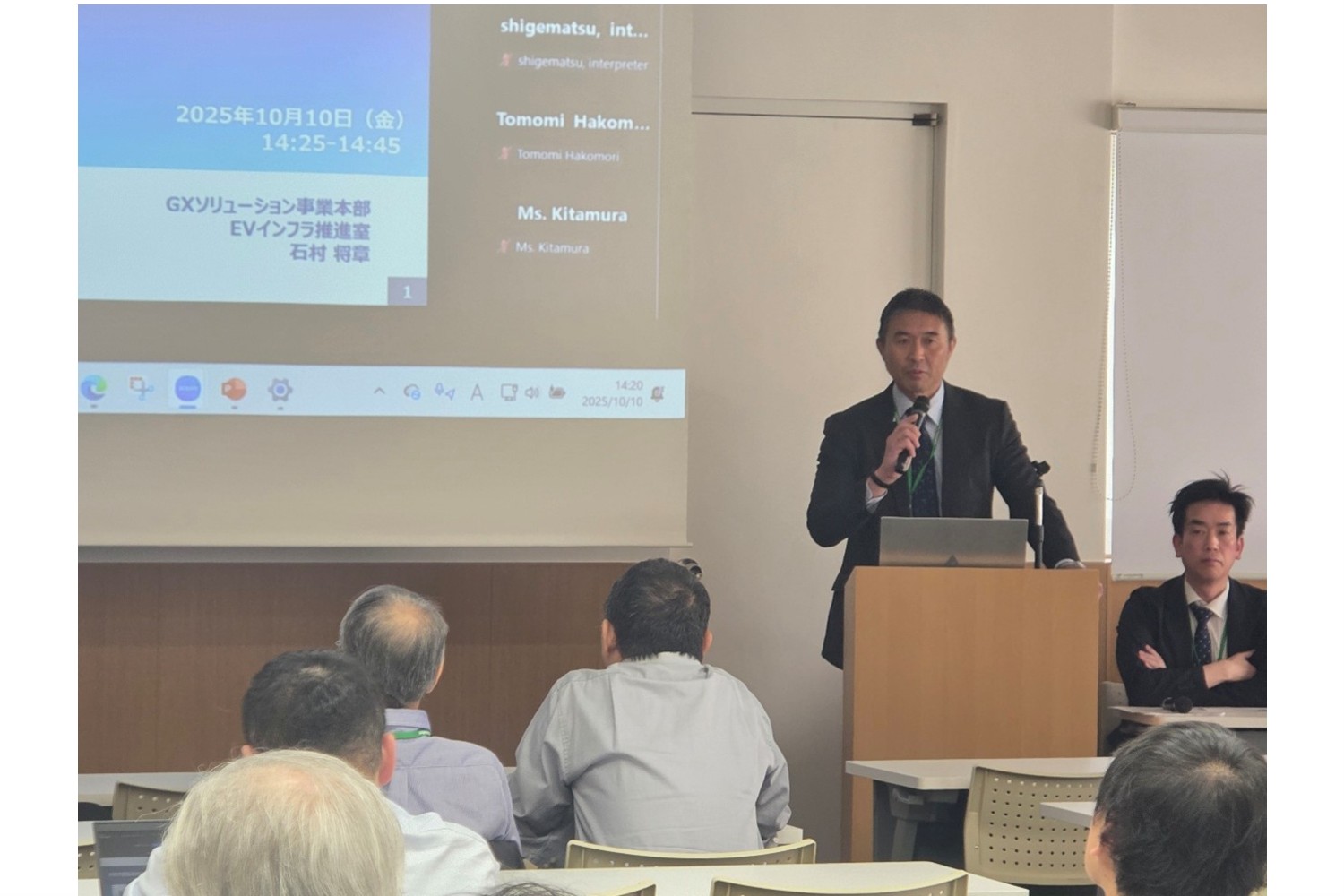In conjunction with the biggest e-mobility trade fair in Europe, eCarTec, CHAdeMO Association hosted a first-of-a-kind conference dedicated to fast charging called FAST CHARGING EUROPE.
With the EU Directive for the deployment of alternative fuels infrastructure going into effect and Member States kick-starting its grand plan for an interoperable EV charging infrastructure across the continent, the speakers from both public and private sectors generously shared data, experience and their insights with a roomful of eager participants from 18 countries.
Our keynote speaker was Simon Crowfoot, Managing Director, Electric Highway, Ecotricity. Who shared his experience and learning from running the biggest fast charging network in Europe. Ecotricity focuses on rolling out a rapid charger network along the key UK motorways connecting urban areas, which has coincided with the fast uptake of the UK EV market. Simon emphasized the importance of winning the confidence of EV drivers, as well as improving the reliability of charging equipment, and said that while charger providers and automakers work on the latter, Ecotricity was concentrating on making charging a good experience for EV drivers.
The first session had speakers and stories from the public sector. Asbjørn Johnsen, Senior Principal Engineer, Transnova, explained the Norwegian principles: encourage private/ public collaboration and require multi-chargers obligatory, as all chargers must be open for all users. He also said that making fast charging business profitable was difficult and that the reliability of chargers was crucial.
Michael Coe, Office for Low Emission Vehicles (OLEV), UK Department for Transport, presented how the UK achieved the most comprehensive rapid chargepoint network in Europe, which shall arrive at 500 charge points nation-wide by March 2015. Having touched on the UK’s generous grant plans for EV purchase, public transport, municipalities and infrastructure, Michael concluded that “clear and consistent government commitment and their broad-spectrum support package, matched by the private sector investments” was the key to their success.
Angel Lopez, Program Director of Electric Vehicle, City of Barcelona spoke about how Barcelona’s initial approach to EV charging infrastructure deployment saw limited success, and showed how they planned and executed the new approach to install on-street fast charging points targeting initially at taxis and freight needs. With the support from private investors such as Nissan, BMW, Renault and Endesa, the city is installing 26 multi-standard fast chargers in a few years in and around the Barcelona metropolitan area, and starting to see some initial results, including some small “but important” inconveniences.
Hiroyuki Aoki from CHAdeMO Association presented the situation in Japan, where the government is spending 0.75 billion euros on charging infrastructure subsidy, matched by the equivalent investment from the auto industry. He explained that the Japanese government subsidizes multi-system chargers and that high-speed motorway, petrol stations and convenience stores, where people spend limited amount of time, are considered to be best suited for fast chargers. He has then demonstrated different approaches to fast charger deployment planning, with real-life examples such as 30-40 km intervals for motorways, 10km x 10km grid analysis for large metropolitan area, and along the main routes for smaller suburban areas.
The 2nd session was fast charging seen from the business side. Markus Hökfelt, Head of Charge & Drive, New Businesses, Fortum HESS went into the nitty-gritty details of customer experiences from their 50+ fast charger network in Nordic countries. With some chargers seeing 15 charge sessions per day in their main market, Norway, Markus has emphasized the extreme difficulty of detecting and isolating the root causes of charger problems. Using quantitative analysis along with vivid real-life examples, he again underlined the importance of excellent customer service and asked for the improvement of charger equipment quality.
Liane Wöchtl, Communication Manager, WEB Windenergie spoke about the ambitious project of financing a nation-wide fast charging network in Austria by citizen-participation. With 20 years of experience in this finance scheme and today successfully running 200 wind farms in 6 countries supported by 3600 shareholders, Liane is confident that they would be able to install a nation-wide charger network with 100% green energy generated by their wind farms. Named Ella, this project will operate a charging network coupled with EV rental and car-sharing programmes.
Anya Bramich, Marketing Manager, Zero Carbon Futures (ZCF) presented how the first EU-funded multicharge multi-country project was born and being implemented. Sincere with a mischievous sense of humour, Anya has told the challenges of leading the first alliance of “traditionally competing manufacturers” to be a success as ZCF coordinated BMW, Nissan, Renault and Volkswagen to work together with the governments, utility and universities. In addition, with the EU and the UK government designating specific routes including some rural areas, securing good charge point locations with sufficient power supply has turned out to be a challenge, but we have full confidence that the learning from this project shall be helpful to other projects to follow.
Last but not least, Yoann Nussbaumer, CEO, SAABRE spoke about how Chargemap, charger location information provider, has involved 13,000 EV drivers to improve the quality of information on their charger database. For example, as EV drivers contribute with photos and other information about specific charge points, they get points and their contributor ranking goes up. Chargemap is currently working on collecting real-time charging data so that EV drivers can exchange information on the availability of specific charge points. Aligned on the “charging issue”, EV drivers are motivated and very willing to help improve the quality of information around charging points, Yoann said.
All speakers shared their stories with incredible energy and passion. With the single aim of making our future a better one by accelerating pan-European electro-mobility, FAST CHARGING EUROPE became a true forum of exchange about how we can optimise our approach to EV fast charging.
While we all agreed that multi-system chargers are the way forward in Europe, there are also common themes and challenges we need to tackle together: the reliability and interoperability of charging equipment and EVs, and how better to encourage further public-private collaboration, all of which should contribute to making each charging session an excellent experience for EV drivers, who, at the end of the day, will be our best ambassadors and collaborators.




